By Kolawole Olaniyan
President Muhammadu Buhari’s government record on the rule of law is chilling. Since assuming power on May 29, 2015, Mr Buhari has showed a stunning disregard for the rule of law and human rights, ignoring Nigerian judges on at least 40 occasions. And he seems to be getting away with it.
The fight against corruption has been an important facet of his rhetoric but his persistent disobedience of court orders, disdain for Nigerian judges and flagrant violations of human rights under his watch puts into question his commitment to actually ending corruption.
It’s hard to overstate the significance of this disregard of court orders not just for the operation of the rule of law but also effective respect for constitutional and international human rights, such as freedom of expression, peaceful assembly, association and access to information.
Yet, Mr Buhari is carrying on, irrespective of human rights and the rule of law.
Any time the courts have told Mr Buhari’s government to do something it doesn’t like, it has refused to obey it. Even Mr Buhari’s attorney general Abubakar Malami, SAN, once said the rule of law is what the authorities determine it to be.
To be clear: it is only an independent and impartial tribunal that has the authority to correct any perceived errors of law of lower courts, not the attorney general.
Court orders that are yet to be complied with include those obtained by human rights lawyer and Senior Advocate of Nigeria, Femi Falana, particularly the judgment by Nigerian courts ordering the release of Islamic Movement of Nigeria leader, Sheikh Ibrahim El-Zakzaky and his wife, Zeenah, from unlawful detention.
Similarly, the government’s State Security Service (SSS) continues to arbitrarily detain activists Mr Omoyele Sowore and Olawale Bakare who called a national protest, in spite of court orders that they should be released on bail and meeting their bail conditions, prompting Mr Falana to tell the government to: “stop subjecting Nigeria to ridicule.”
Other high-profile judgments the authorities are refusing to obey include at least four judgments obtained by the anti-corruption and human rights group, Socio-Economic Rights and Accountability Project (SERAP). The first is the judgment by Justice Hadiza Rabiu Shagari ordering the government to tell Nigerians about the stolen assets it allegedly recovered, with details of the amounts recovered.
The second judgment, by Justice Mohammed Idris, ordered the government to publish details on the spending of stolen funds recovered by successive governments since the return of democracy in 1999, while the third judgment, by Justice Chuka Austine Obiozor ordered the immediate release of details of payments of billions of naira to all defaulting and allegedly corrupt electricity contractors and companies since 1999.
The fourth judgment, by Justice Mohammed Idris [as he then was], ordered Mr Buhari to prosecute senior lawmakers suspected of padding and stealing N481 billion from the 2016 budget. The court also ordered Mr Buhari to “direct the publication of the report of investigations by security and anti-corruption bodies into the alleged padding of the 2016 budget.”
Despite the absolute clarity of these orders and judgments, the government continues to refuse to obey them, with almost absolute impunity.
Yet, the rule of law means respecting and protecting the human rights of everyone. Without the possibility of judicial protection and strict obedience to court orders, the means by which an individual can complain of an abuse of governmental power will be illusory, and human rights will remain a fiction.
The government is already in contempt of court regarding these cases but it is not even pretending to be seeking to appeal the orders and judgments, even though that in itself wouldn’t be a reason for disobeying them.
The government always has explanations on why it should not obey lawful court orders, seemingly replacing binding legal decisions with the vagaries of politics, and obeying the decisions whenever they suit it.
This disdainful arrogance for the courts and our constitutional jurisprudence wasn’t even normalized during periods of military dictatorship in Nigeria.
The public perception seems to be that the government will only obey court orders if it gets what it wants. Yet, it should never be right for the government to obey the court as a matter of grace. Mr Buhari has to obey the courts as a matter of necessity.
If Nigeria is ever going to comply with its international human rights obligations and commitments, the government has to begin to show respect for Nigerian judges.
The courts shouldn’t be treated as the enemy; the judicial process is by far the most effective method of upholding the rights of the individual against public bodies.
The government cannot run to court to obtain detention orders or other favourable decisions only for it to turn around to ignore the orders of the same court.
Former US President Harry S Truman famously adorned his oval office desk with a sign that read: “The Buck Stops Here.” This sign was Truman’s own way of saying that he would accept personal responsibility for the decisions he made and for the consequences of those decisions.
No more excuses: the buck stops with Mr Buhari, because he’s the one with a legal duty to see that his government operates within the rule of law, and consistent with Nigeria’s constitution and international human rights obligations.
Indeed, of all the people who have a critical duty to obey court orders, it is the executive. If the government continues to disobey court orders, the means to hold the executive to account will be blocked, and there will be no means of ensuring that human rights and the rule of law prevail.
Mr Buhari’s example is already having corrosive consequences across several of Nigeria’s 36 states, with state governors using the judicial process to target journalists and human rights defenders, and also disobeying court orders. This is the case, for example, in Cross River state where publisher of online news outlet CrossRiverWatch, Agba Jalingo, is arbitrarily detained and facing unfair trial simply for reporting allegations of corruption involving the governor.
In Kaduna state, human rights defender Chidi Odinkalu is facing bogus charges of “injurious falsehood and incitement”, simply for exercising his right to freedom of expression.
But the implications of failure to obey court orders are much wider, as Nigeria’s National Assembly is also using Mr Buhari’s example to pass repressive laws, the most recent being the “Hate speech bill”, which prescribes death by hanging for alleged hate speech.
However, many people see this as an extension of the government’s push to restrict the right to freedom of expression and media freedom, as the minister of information is already pushing to “regulate the social media.”
If Mr Buhari is truly committed to fighting corruption and protecting individuals against unlawful action by his government, security agents (or other public bodies) and private actors, he must immediately begin to obey all court orders, respect human rights. He must ask recalcitrant state governors and the National Assembly to comply with Nigeria’s constitution and international obligations.
Until this happens, we as Nigerians must raise our voices and tell the President loud and clear that he will not get away with disrespecting human rights, the rule of law, and treating our courts with contempt.
Kolawole Olaniyan, PhD, is the author of Corruption and Human Rights Law in Africa and a Legal Adviser at Amnesty International’s International Secretariat, London.






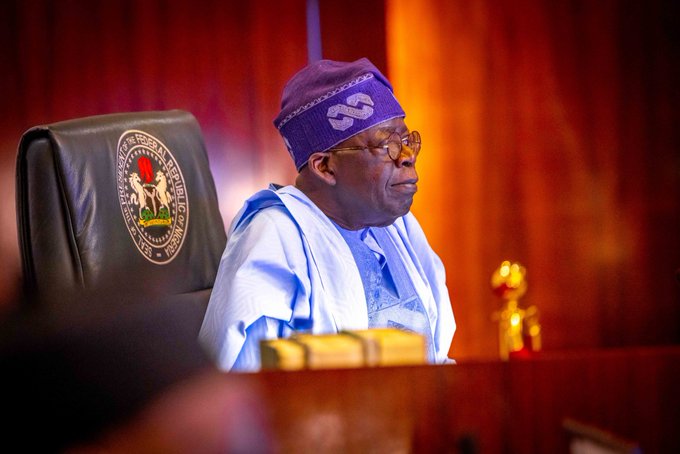
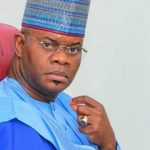

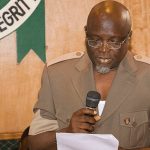






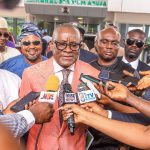
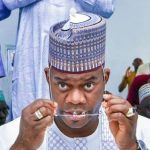


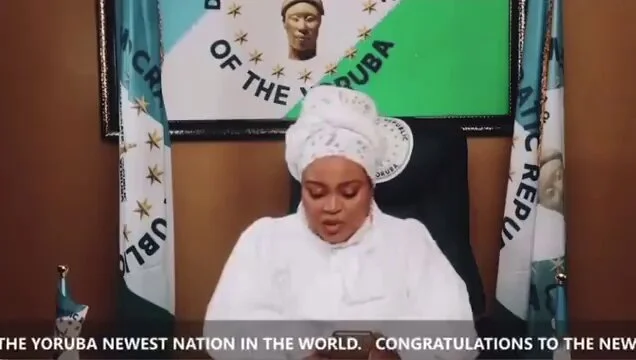
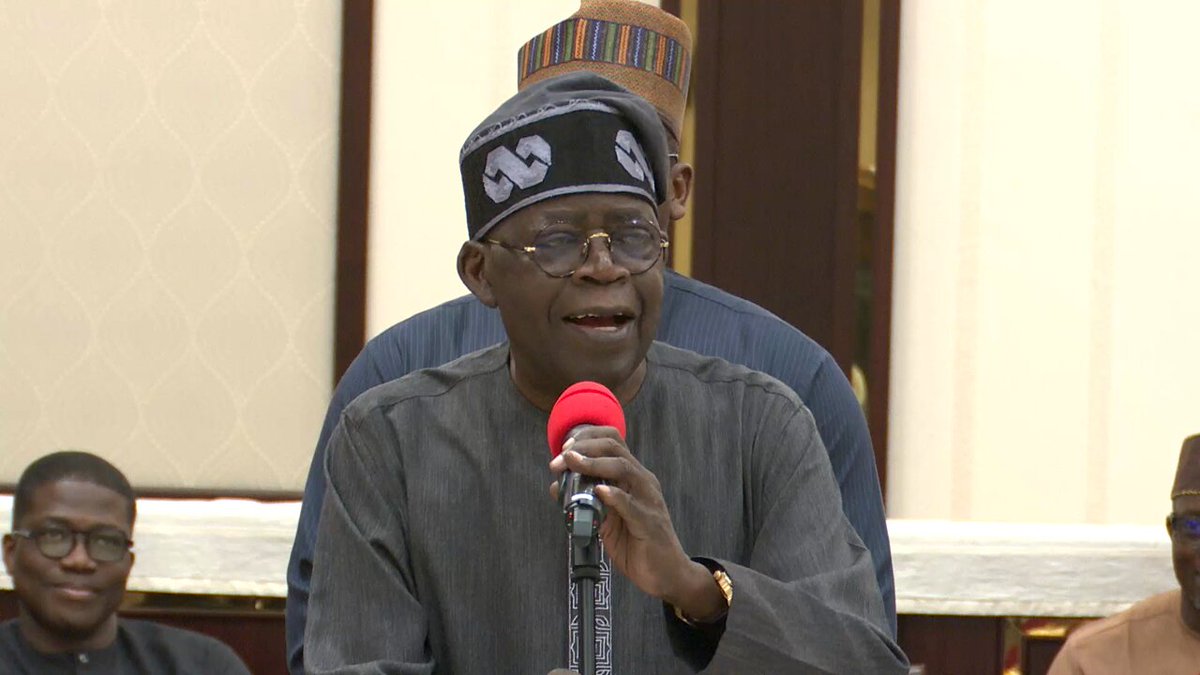

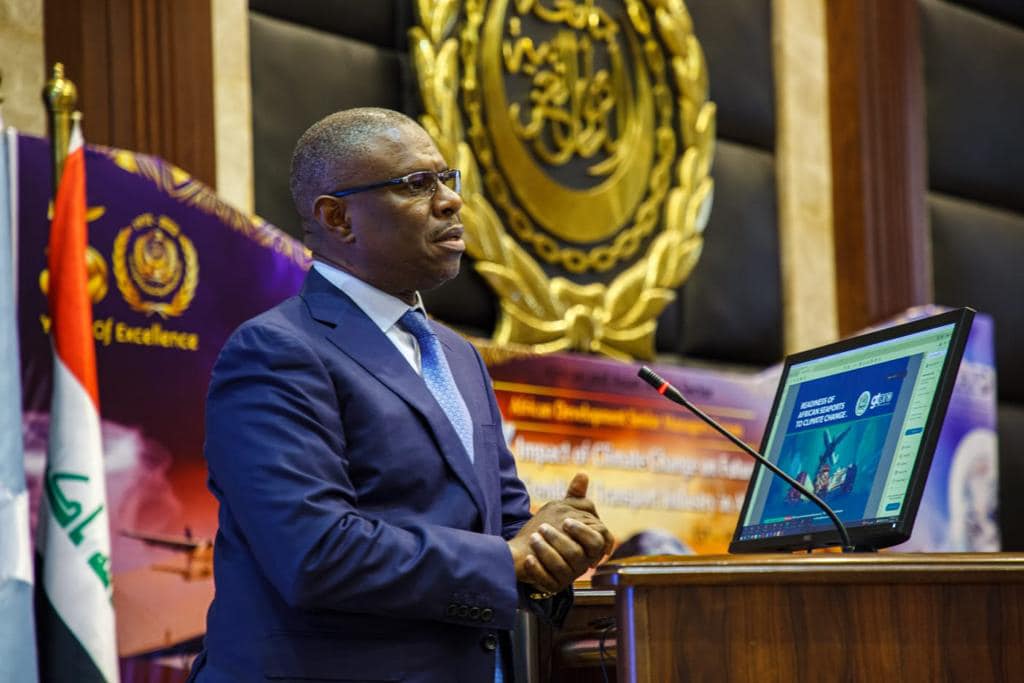

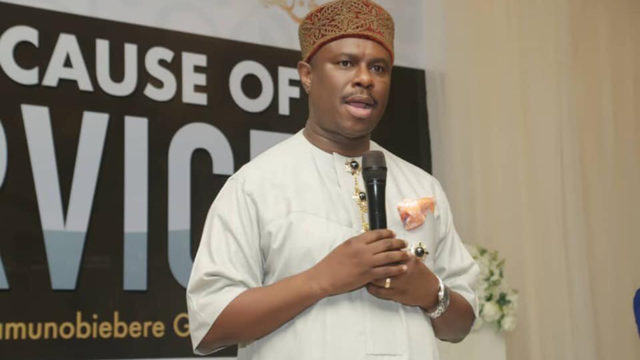


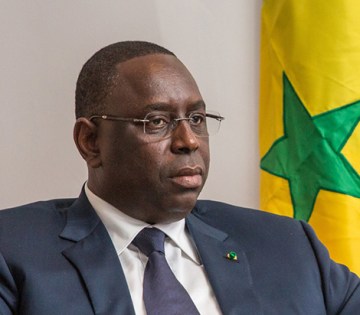
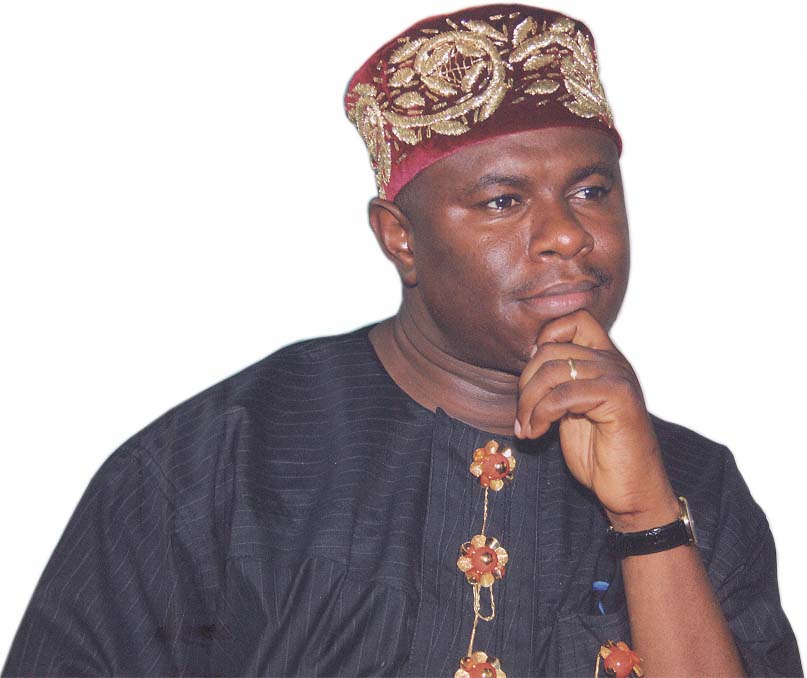

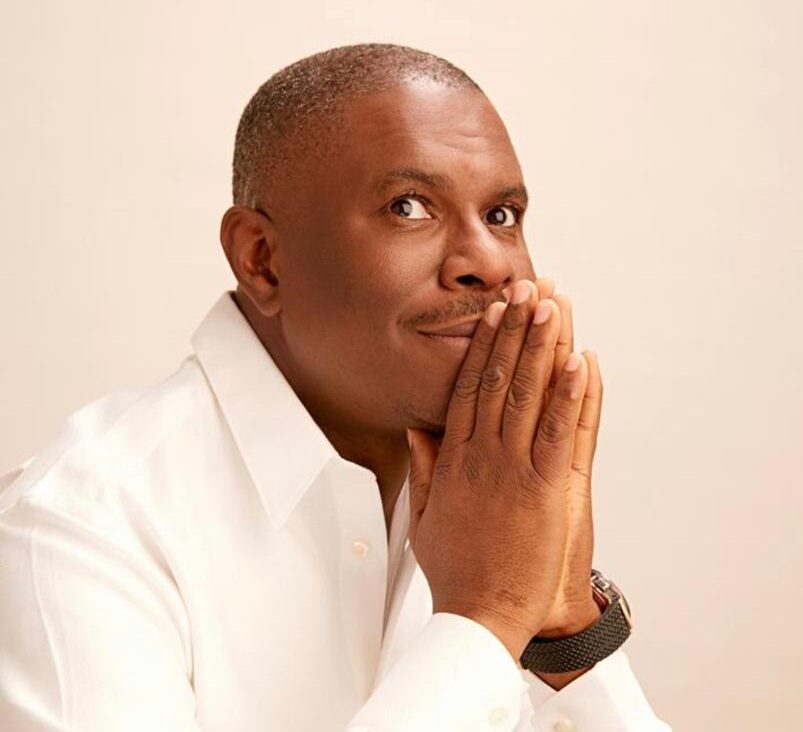

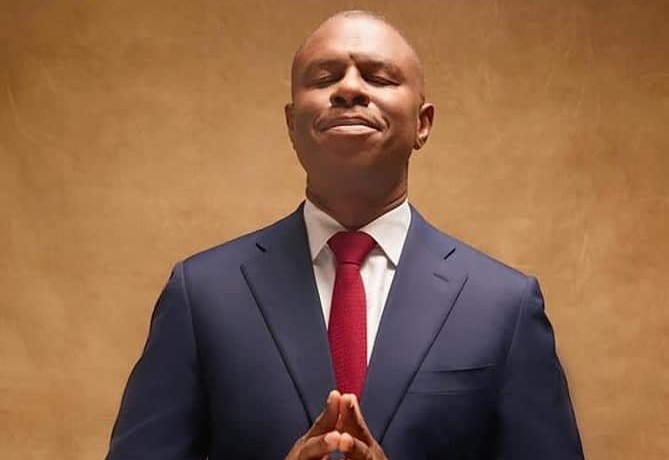
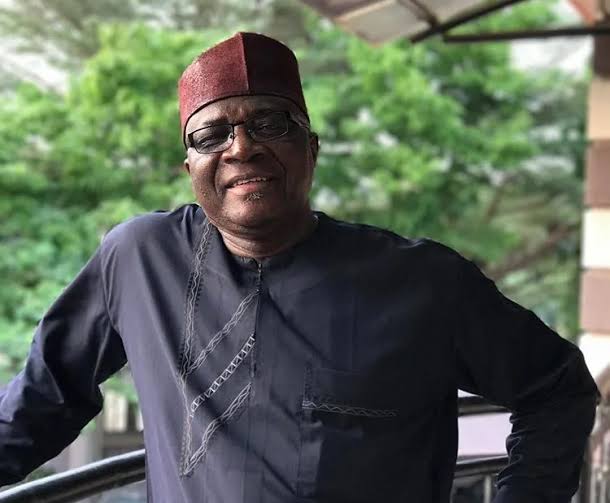
Leave a comment